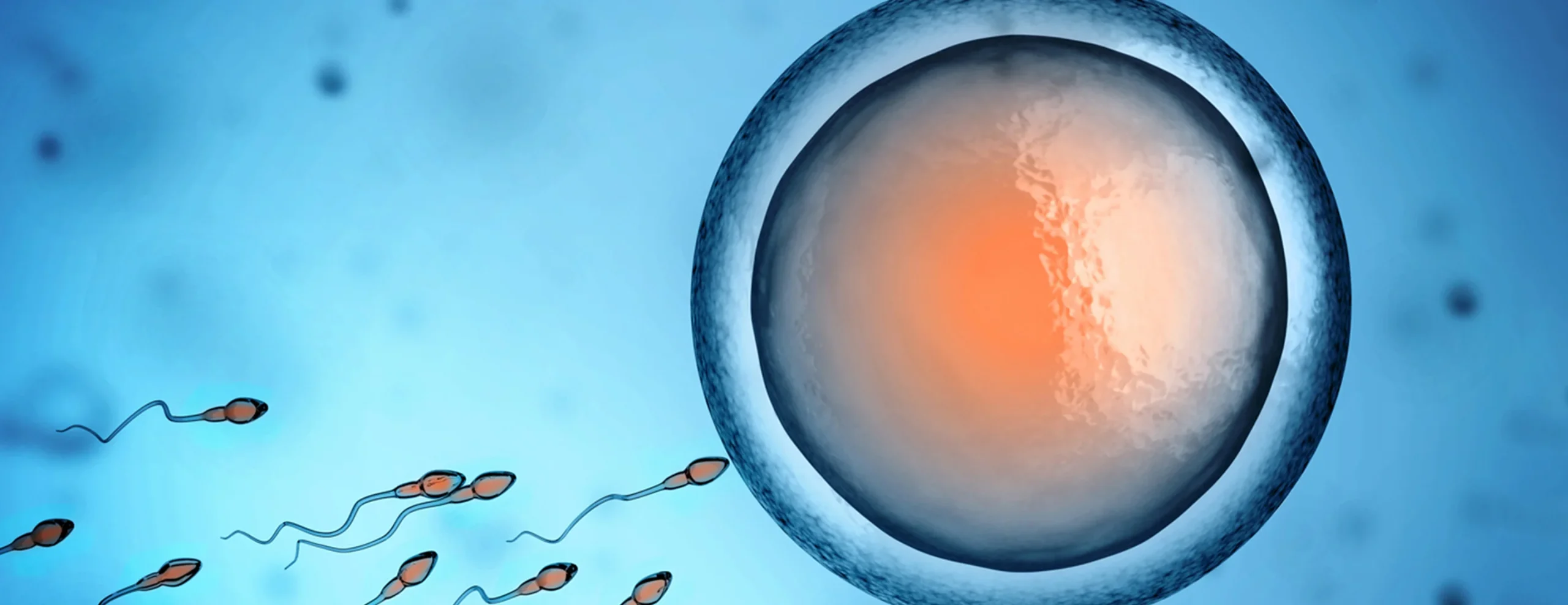As a pediatrician, I often ponder what determines whether a child is deemed “good” or “bad” by the adults around them. When my son was a baby, I frequently heard that he was a “good” child. He rarely cried at night, never experienced colic, and was generally content to entertain himself, allowing others to hold him with ease. While I appreciate these compliments, I find the term “easy” much more fitting than “good.”
As he transitions into the curious and spirited toddler phase, he’s begun to exhibit behaviors that some might label as “bad.” But are they really? Our culture often perceives toddler tantrums, especially in public spaces like the grocery store, as signs of failure—either on the child’s part or the parent’s. Yet, if we take a moment to reflect, adults also express their frustrations in various ways that can resemble these outbursts. For instance, when we’re stuck on hold or faced with work obligations on our day off, we might vent on social media. Isn’t there a parallel between a child’s emotional outburst and an adult’s frustration?
Picky eating is another behavior often deemed “bad.” While toddlers may have limited food preferences, adults also refuse certain dishes based on cultural tastes. Similarly, while we are expected to handle waits and interruptions with a level of civility, toddlers simply lack the social skills to express their frustrations in a calm manner. Their emotional vocabulary is still developing, and it’s important to remember that their reactions are not inherently malicious.
I’ve seen children reprimanded for not engaging with adults or for refusing to show affection. But we adults constantly assess our social interactions, deciding who we feel comfortable with and who we do not. Toddlers are doing the same; assuming they are being rude overlooks their emotional development.
Now, let’s be clear—I’m not saying tantrums and pickiness are desirable traits. They are, however, part of being human. Young children are learning to navigate a complex world, where everything is new and overwhelming. Their emotional outbursts are often simply their way of expressing confusion or displeasure.
As a parent, I strive to minimize these outbursts and teach my child about empathy. If he chooses not to hug someone, that’s his right—his body, his choice. If he refuses to eat something, that’s perfectly acceptable too. Just like I have my own food dislikes, he is entitled to his preferences.
Raising a toddler demands immense effort and patience, and I recognize that I won’t always get it right. During this phase, children are not “bad”; they are actively learning about emotions, language, social interactions, and boundaries. They might frustrate us or leave us feeling drained, but their behavior stems from a place of exploration, not malice. One day, we may even look back fondly at these challenging yet beautiful moments.
For more insights on parenting, check out some excellent resources like Rmany for enriching discussions on pregnancy and parenting. And if you’re interested in home insemination options, consider visiting Make A Mom to explore their fertility solutions. Also, be sure to review our privacy policy for more information.
Summary
In summary, labeling toddlers as “bad” overlooks their developmental challenges and emotional growth. Instead, we should recognize their behavior as part of their learning process and respond with empathy and understanding.
